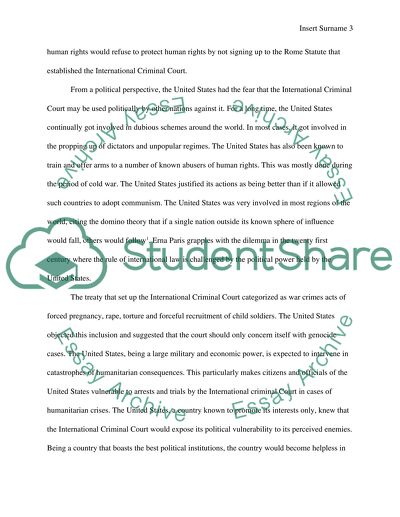Cite this document
(“Political Perspectives of Marjorie Cohn. Cowboy Republic Essay”, n.d.)
Retrieved from https://studentshare.org/history/1435428-compare-the-political-perspectives-of-majorie
Retrieved from https://studentshare.org/history/1435428-compare-the-political-perspectives-of-majorie
(Political Perspectives of Marjorie Cohn. Cowboy Republic Essay)
https://studentshare.org/history/1435428-compare-the-political-perspectives-of-majorie.
https://studentshare.org/history/1435428-compare-the-political-perspectives-of-majorie.
“Political Perspectives of Marjorie Cohn. Cowboy Republic Essay”, n.d. https://studentshare.org/history/1435428-compare-the-political-perspectives-of-majorie.


